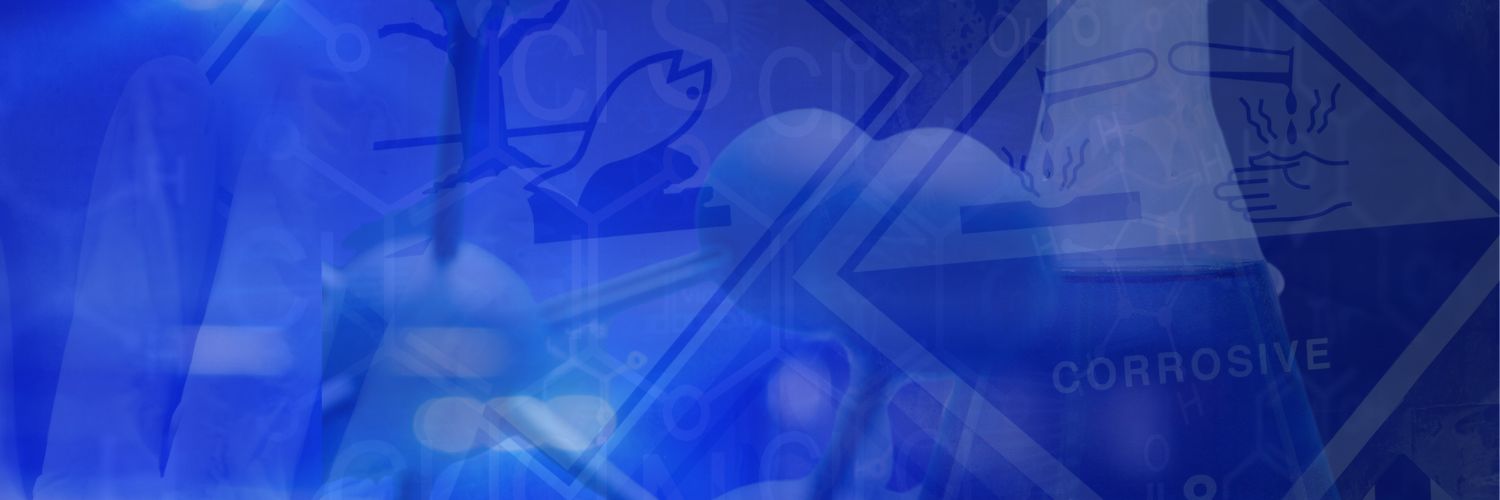OEMs and their suppliers are facing multiple regulatory challenges when it comes to the so called aftermarket.
Spare parts including services have to be provided for a certain time period; various accessories, parts like tuning equipment is marketed as such and put on the market in numerous countries. Provision and marketing of these products requires detailed knowledge on regulatory obligations from the OEMs and their suppliers.
- What are the (legal) requirements regarding material compliance and substance restrictions?
- Which certifications or type approval and standards are required?
- What are the labelling requirements for the different markets?
- Arethere further information requirements?
- Do I have any reporting and or take-back obligations when placing products on the markets?
Find a way through the jungle of obligations to produce and market compliant products
Requirements exist in different types of legislation such as chemical, safety, environmental or technical regulations like e.g. the California Proposition 65 which has been recently reworked and new labelling requirements have become effective on August 30th, 2018
OEMs and their suppliers need to find a way through the jungle in order to determine the relevant obligations their products are finally in scope.
It is important to mention that the monitoring of those regulations is currently not possible in other systems like IMDS. Nevertheless, all the relevant information regarding the product constitution owned by the stakeholder can be extracted from IMDS over a special interface in order to be used for reporting goals by following the IMDS Terms and Conditions.
Besides the well-known single markets like the EU, EEA etc., single countries often do have special requirements when it comes to placing products on their market. In the field of obligations regarding end-of-life like Waste of electrical or electronic equipment (WEEE), packaging or batteries, even in the big single markets, these obligations are defined individually by each member state or region.
It is not only the challenge, to determine, define, learn and implement these requirements – they also must be monitored on a regular basis in order to constantly produce and market compliant products.
New platform solution needed
this topic is crucial in many companies and we have therefore launched the iCare Working Group Aftermarket. Together with some of our customers from the automotive industry we started a joined project to build a new platform application on the SustainHub that provides information needed to market a product in a certain country. As the challenge of different regulatory obligations worldwide apply to various industries we aim to extend the working group with companies acting in other branches.
The users of the platform application shall be able to access potential relevant legislation including a summary of the key contents and obligations based on their product, its use and the area of concern. Text of legislation shall be for download in original language and, if available, in English. Information shall support companies determining if there is relevant and applicable legislation in place in target countries. Users can subscribe to certain product/material groups or regions in order to get update notices when changes of existing legislation or new legislation is published or comes into force.
Download the project overview
Is your company also facing different regulatory challenges worldwide?





